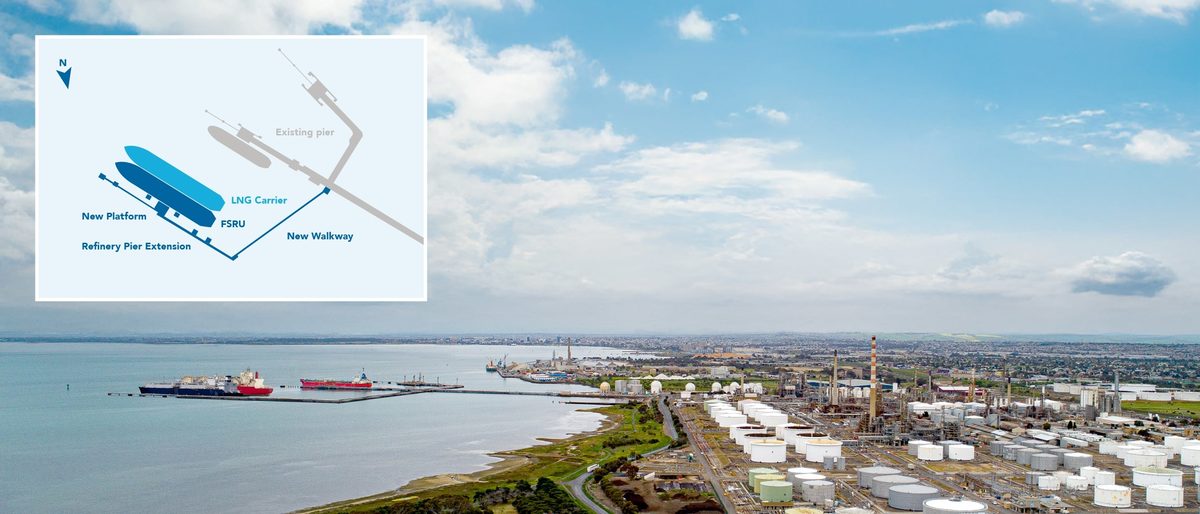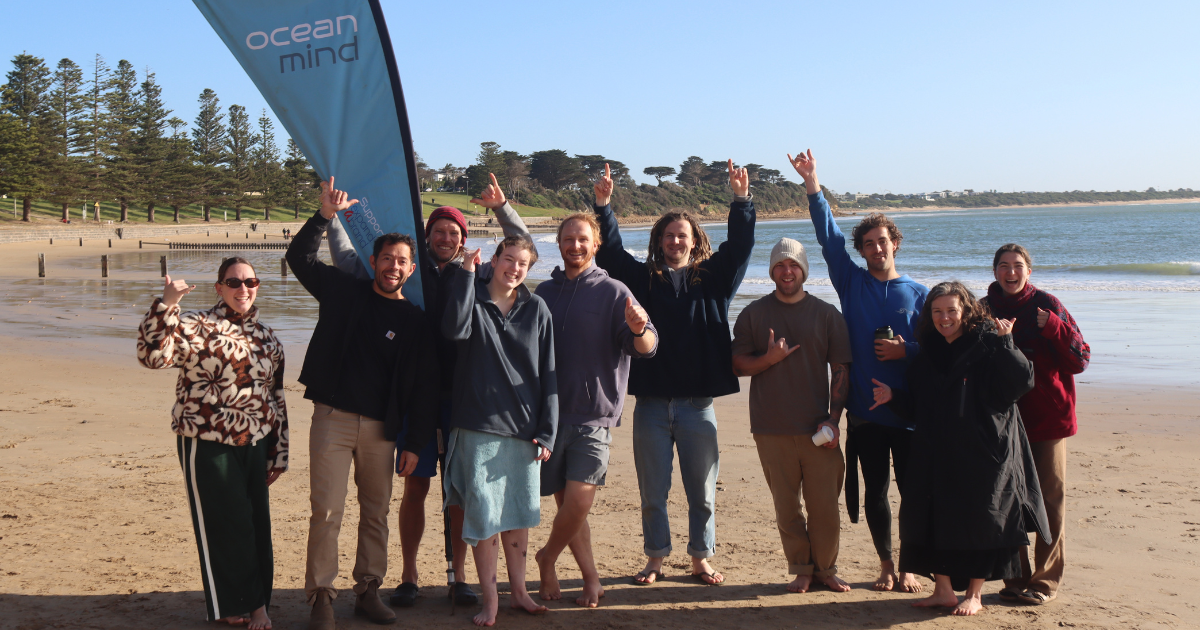Lights out for Geelong After Dark festival in 2021

The next Geelong After Dark festival - seen here in 2019 - will be postponed until 2022. Photo: REG RYAN
GEELONG After Dark will not be held this year, with the City of Greater Geelong saying it was “untenable” to plan the festival with COVID-19 restrictions still in flux.
The annual event that celebrates Geelong’s artistic community in a night-time setting usually takes place in May, but was not held in 2020 during the height of the coronavirus pandemic.
Last week, organisers said Geelong After Dark would “pause” in 2021 “as the uncertainty of changing COVID-19 restrictions have made planning for this major event untenable”.
The city is using the hiatus to review its programs and events and deliver a new Arts and Culture Strategy, which will inspire program directions that respond to community aspirations.
Community members are invited to help set the direction for arts and culture in the Geelong region by providing feedback.
Creative communities and culture portfolio chair and deputy mayor Trent Sullivan said it was unfortunate the popular festival – which draws thousands of people into central Geelong – could not return this year.
“While it’s disappointing the city won’t be holding Geelong After Dark this year, we look forward to developing a strong strategic direction for arts and culture to help guide delivery of Geelong After Dark and other events in the future,” Cr Sullivan said.
“I encourage community members to share their thoughts on the important draft Arts and Cultural Strategy, as it sets out a 10-year vision for the region and builds on the arts, culture and heritage recovery initiatives, worth $665,000, announced by council last year.”
The strategy has four strategic pillars:
Growing the arts – through funding, professional development, education, festivals, public art, live music, community participatory arts (CALD), youth arts, experimental and collaborative practice and digital technology
Caring for culture – through engagement and participation with Wadawurrung Peoples, and Aboriginal and Torres Strait Islander Peoples generally, living cultural heritage and collections, cultural planning, asset management and the diversity of culture
Creative partnerships – through industry partnerships, cross sector collaboration, strategic commissions, networking, cultural venue relationships and service, and municipal-wide engagement, and
Leading and communicating culture – through cultural marketing and communications, cultural tourism, board and committee representation, advocacy and building evidence to demonstrate the values of arts and culture.
According to the strategy, there are 5,252 creative industry businesses in the G21 region, which in 2017 contributed $2.1 billion (5.9 per cent) to the overall regional output (2017) and saw a 16.4 per cent rise in creative industry jobs.

















